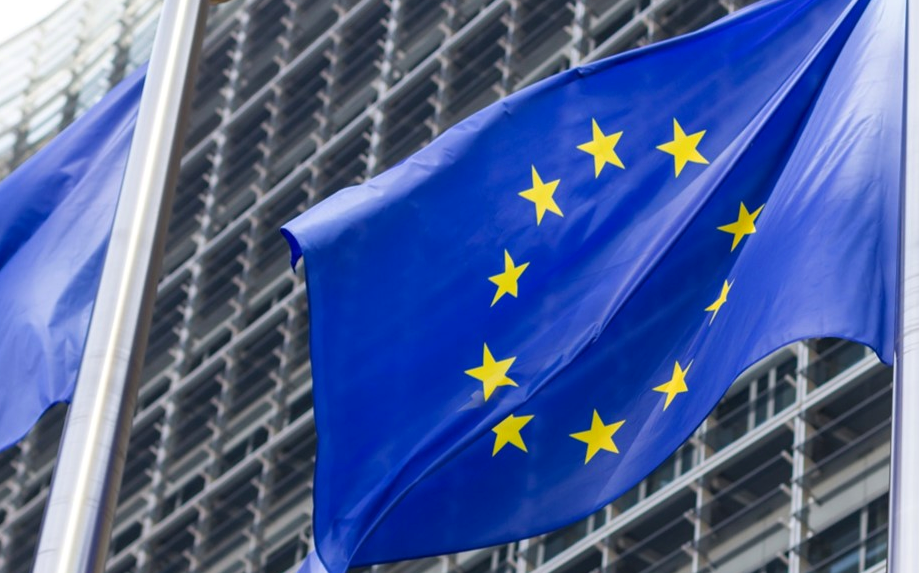EU recognises importance of crop-based ethanol to achieving climate goals
RED II agreement by negotiators is a step in the right direction, allowing Member States to use sustainable biofuels in fighting climate change
BRUSSELS, 14 June 2018 – Negotiators from the European Parliament, Council and Commission agreed early Thursday morning on a new target for renewables in transport – a deal that clearly recognises the importance of separating bad biofuels like palm oil from good ones like European ethanol.
The agreement sets a target of 14% renewables in transport by 2030. It would freeze the use of high-ILUC-risk biofuels such as palm oil at current levels and phase it out by 2030, while capping crop-based biofuels at Member States’ 2020 levels, with a maximum of 7%. The agreement also sets an ambitious and much-needed target for advanced biofuels.
“Europe needs all sustainable renewables in the energy transition to achieve Europe’s climate goals and ethanol is critical to transport decarbonisation,” said Emmanuel Desplechin, Secretary General of ePURE, the European renewable ethanol association. “Of course, this is not a perfect solution. Allowing Member States to undermine the transport target by lowering the crop cap or relying on artificial multipliers gives the illusion of progress and puts Europe’s commitment to decarbonising transport into question. Capping crop-based biofuels at 2020 levels also unfairly penalizes sustainable biofuels like European renewable ethanol, which if given the chance could drive EU decarbonisation even further – but it is a major improvement over the initial proposal from the Commission.”
“Member States should now get on with the work of implementing the 2020 objectives and show that Europe is a place that can provide the policy stability investors need. A solid crop-based ethanol industry is needed to spur investment in advanced ethanol,” Desplechin said.
European renewable ethanol delivers significant greenhouse gas reductions compared to fossil petrol and works at scale in today’s vehicle fleet. Its production – from crops grown by European farmers, as well as from agricultural residues and waste – does not cause adverse indirect impacts. It is also an important domestic source of animal protein at a time when European livestock farmers rely heavily on imports.
A new study from Ricardo Energy & Environment confirms that, with a large number of vehicles with internal combustion engines still on the road in coming decades, low-carbon fuels such as renewable ethanol will be crucial to decarbonising transport.
